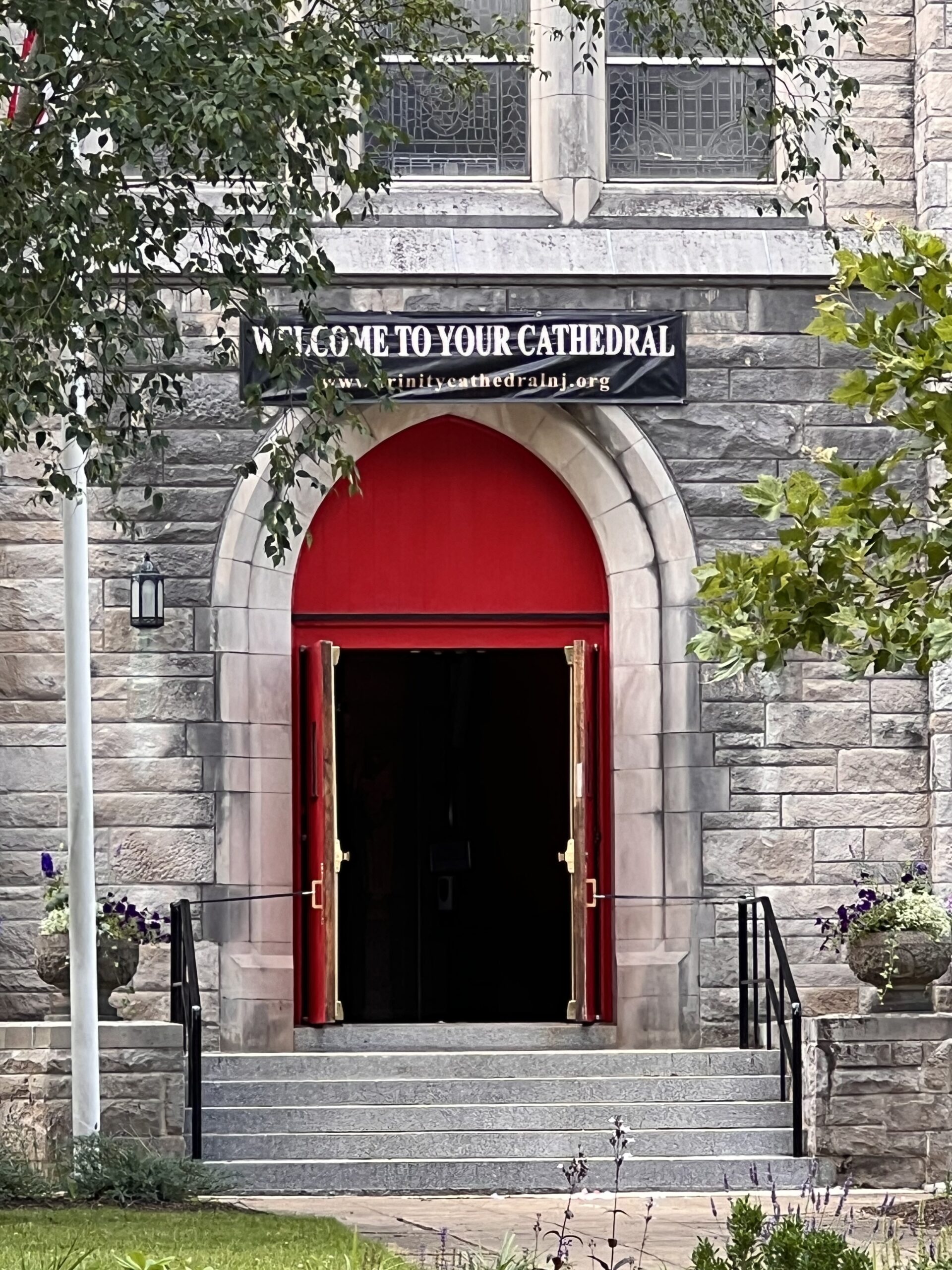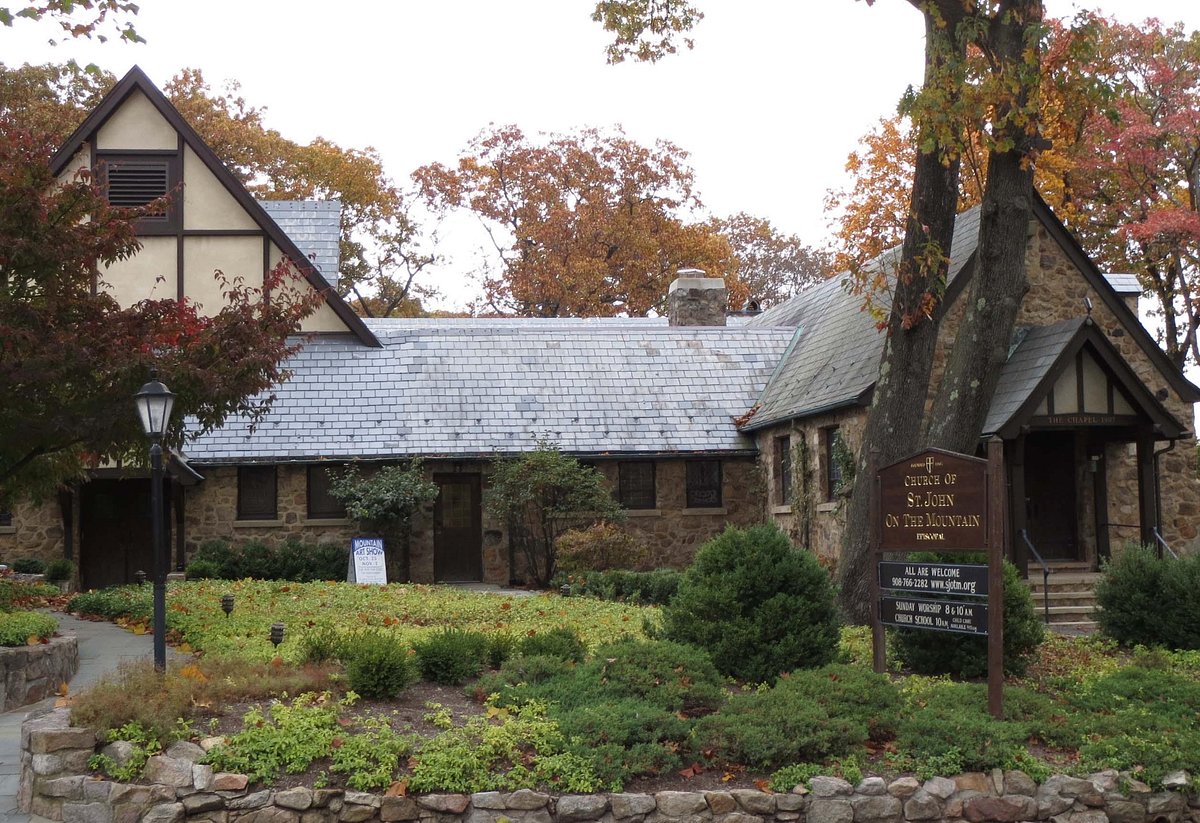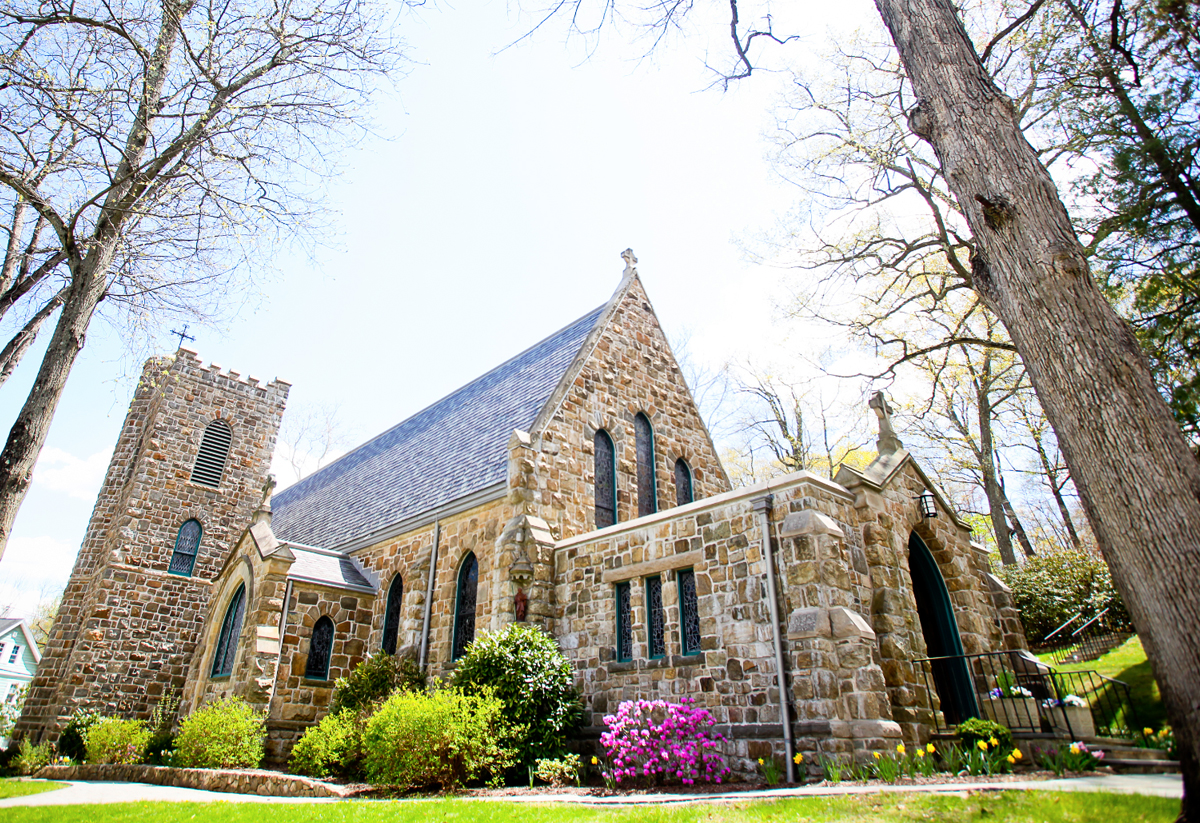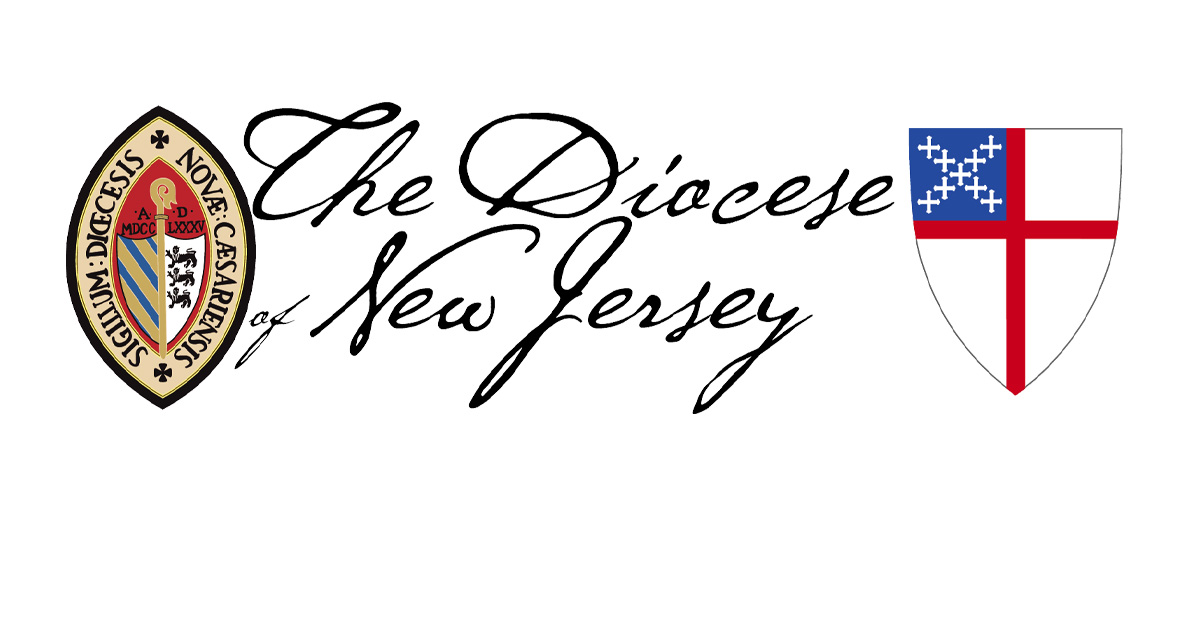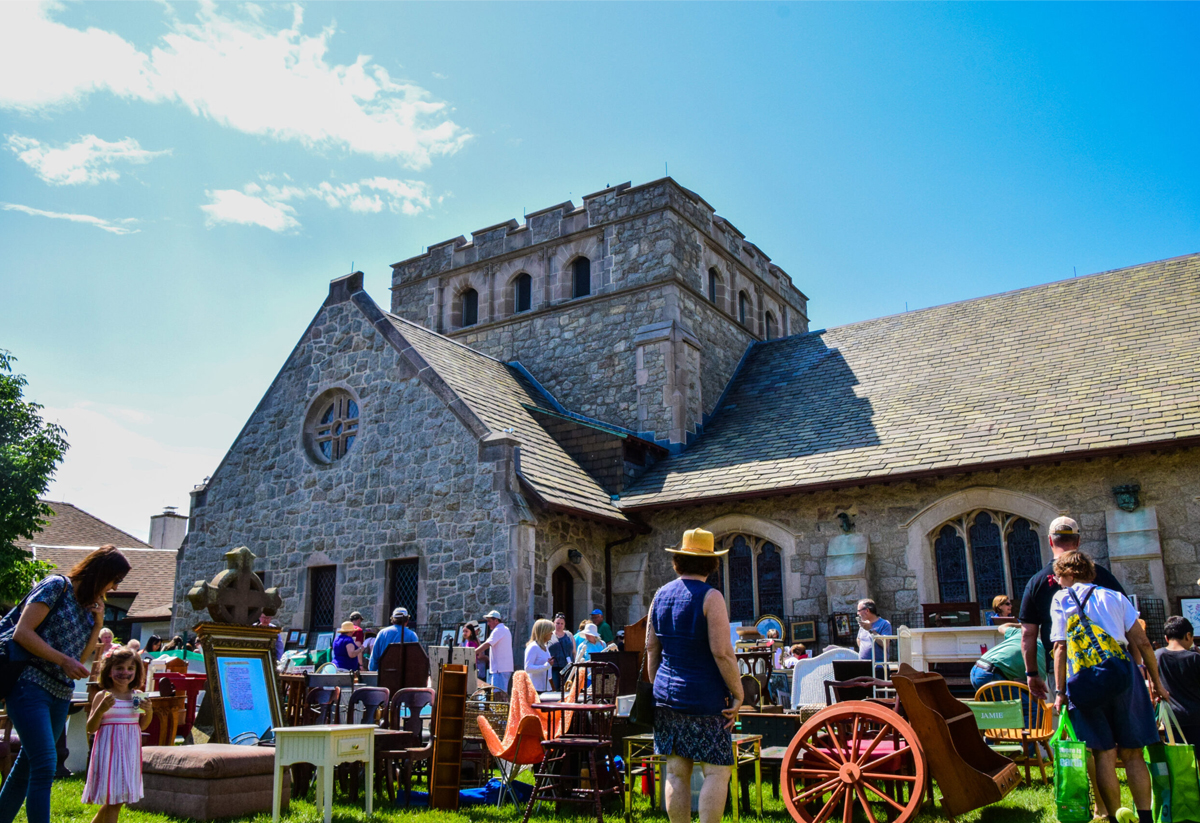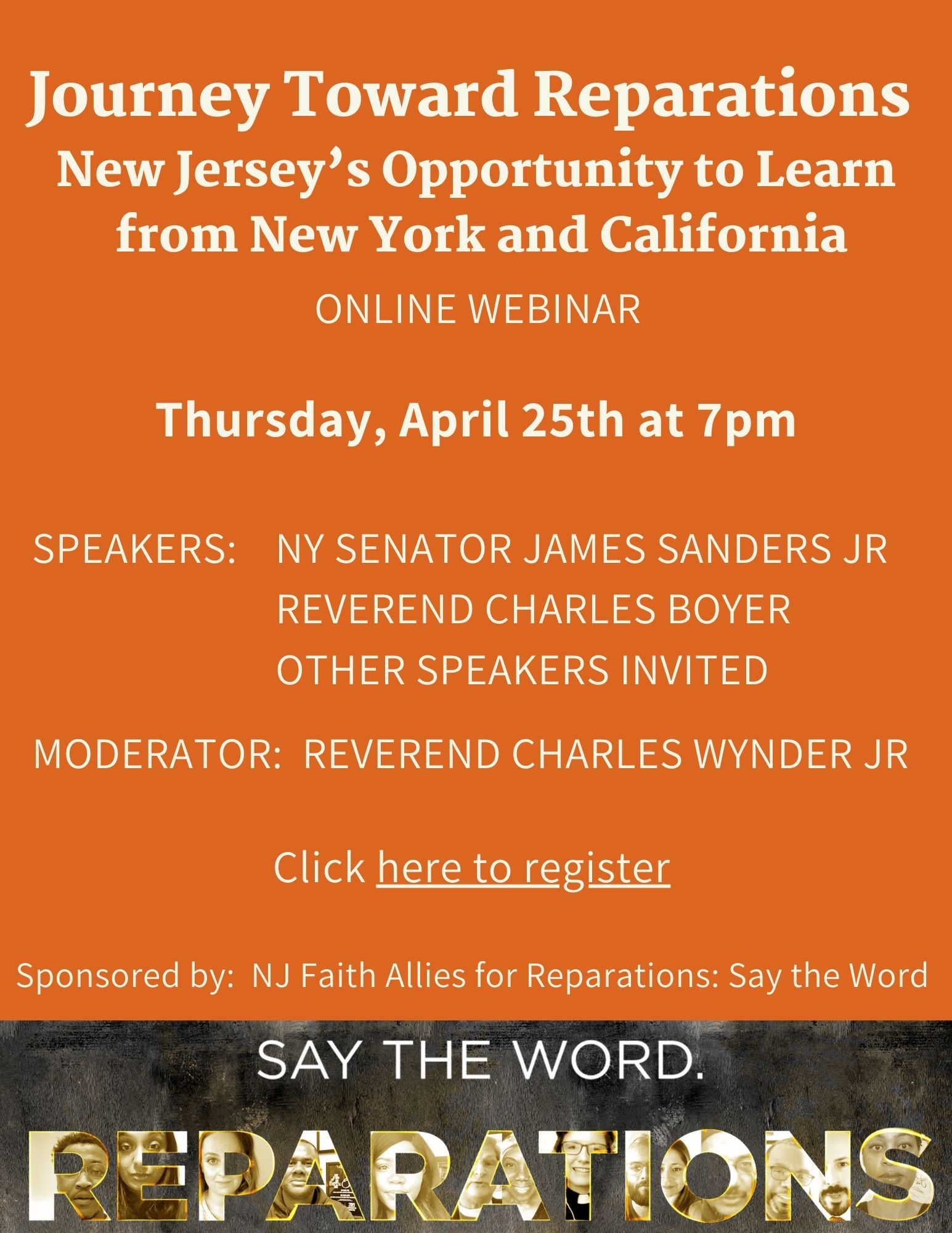Dear People and Friends of the Diocese of New Jersey,
But as it is, they desire a better country, that is, a heavenly one. Therefore God is not ashamed to be called their God, indeed he has prepared a city for them.—Hebrews 11:16
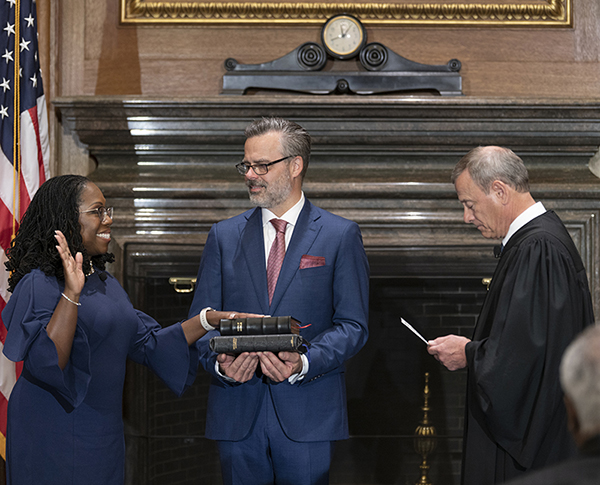
Credit: Fred Schilling, Collection of the Supreme Court of the United States.
As we approach this Independence Day, which is included as a “Major Feast” among the “Holy Days” of the Church year, we are clearly a nation divided. There is very little national consensus on the vital issues of our days. History was made yesterday as the first Black woman, Ketanji Brown Jackson, was sworn in as an Associate Justice of the United States Supreme Court. This landmark moment, which should have been cause for celebration by all Americans, was overshadowed however by a series of landmark decisions made by the court over the last weeks of its term overturning laws and rights that have been long-standing and which many have taken for granted. Our polarization over these and others issues are clear evidence that Americans are struggling to find a “common good.” I can’t help sensing that this struggle to find a common good—a place of agreement among us all, is largely the result of individualism run amok.
I’ve been thinking a lot about the work of sociologist Robert N. Bellah and his research team detailed in their landmark 1985 book Habits of the Heart: Individualism and Commitment in American Life.[1] They used the Alexis de Tocqueville’s classic Democracy in America[2] as a point of departure for their own work. In the preface to Habit of the Heart they wrote:
In the 1830s, the French social philosopher Alexis de Tocqueville offered the most comprehensive and penetrating analysis of the relationship between character and society in America that has ever been written. In his book Democracy in America, based on acute observations and wide conversations with Americans, Tocqueville described the mores—which he on occasion called “habits of the heart”—of the American people and showed how they helped to form American character. [Toqueville] singled out family life, our religious traditions, and our participation in local politics as helping to create the kind of person who could sustain a connection to a wider political community and thus ultimately support the maintenance of free institutions.[3]
But, they note, Tocqueville had concerns about what he saw in 19th century America, observing, “He also warned that some aspects of our character—what he was the first to call ‘individualism’—might eventually isolate Americans from one another and thereby undermine the conditions of freedom.[4]
Bellah and his team engaged in research to explore American society and this question of individualism further. In the preface they express their principal worry, stating:
The central problem of our book concerns the American individualism that Tocqueville has described with a mixture of admiration and anxiety. It seems to us that it is individualism, and not equality…that has marched inexorably through our history. We are concerned that this individualism may have grown cancerous—that it may be destroying those social integuments that Tocqueville saw as moderating its more destructive potentialities, that it may be threatening the survival of freedom itself [emphasis added].
One of the challenges we face as a nation and as faithful followers of Jesus Christ is to recognize and be truthful about the fact that the freedom and liberties we espouse as core values of this country have never been fully available to all, nor realized by all. These hallmarks of American democracy have always been more aspirational than actual. They remain aspirational. With the writer of the Letter to the Hebrews, we should “desire a better country.” The question before us on this July 4th weekend, as it has been on every July 4th before this, is to what degree are we truly committed to the core values stated in the Declaration of Independence—equality, life, liberty, and the pursuit of happiness—for all people?
Susan and I, along with the Deputies and First Alternates to The Episcopal Church’s 80th General Convention leave for Baltimore this week. Please hold this gathering of our Church’s governing body in your prayers. It will meet in legislative sessions from Friday, July 8, through Monday, July 11.
May you and yours have a blessed Independence Day.
Faithfully in Christ,
 The Right Reverend William H. Stokes
The Right Reverend William H. Stokes
Bishop of New Jersey
_________________________
Notes
[1] Bellah, Robert N., Madsen, Richard et. al. Habits of the Heart: Individualism and Commitment in American Life – Updated Edition (Berkely, Los Angles, London: University of California Press, 1985, 1996)
[2] De Tocqueville, Alexis Democracy in America tr. Mansfield and Winthrop (Chicago, London: The University of Chicago Press, 2000 – first published in France 1835.1840)
[3] Bellah – Preface, p. xlii
[4] Ibid.

